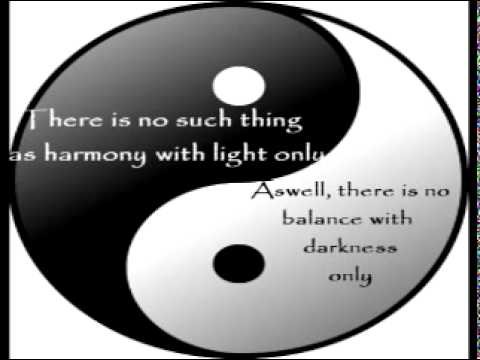While Laura and I were discussing some issues related to her impending divorce, she asked me if I’d ever watched Louis CK. When I told her I hadn’t, she directed me to a Youtube clip she thought was particularly hilarious, and told me that it had helped her as she navigated through the emotional roller coaster of her divorce.
In it he says:
“I love being divorced. Every year has been better than the last. By the way, I’m not saying don’t get married. If you meet somebody, fall in love and get married. Then get divorced. Because that’s the best part. Divorce is forever! It actually is. Marriage is for how long you can hack it. But divorce just gets stronger like a piece of oak. Nobody ever says ‘oh, my divorce is falling apart, it’s over, I can’t take it.’”
For more of Louis CK, here’s a clip: Louis CK on divorce
Later in that same conversation, Laura asked me if I’d ever read anything of Pema Chodron. I did say yes to that. We then talked about how inspirational Pema was, and how Laura had gained strength by listening to her talk about her own journeys through divorce.
“We think that the point is to pass the test or overcome the problem, but the truth is that things don’t really get solved. They come together and they fall apart. Then they come together again and fall apart again. It’s just like that. The healing comes from letting there be room for all of this to happen: room for grief, for relief, for misery, for joy.” – Pema
More of Pema Chodron talking about the impact of divorce on her own life.
When I got to thinking about our conversation after we’d hung up the phone, I was struck by the fact that during what was perhaps a ten-minute discussion about divorce, Laura had talked about two pretty extreme perspectives, and about two people who probably aren’t usually linked. I don’t think she connected them intentionally, but I do think her having done so speaks volumes to the multi-dimensional nature of the divorce journey.
Just as there are many facets to divorce, there are many facets to the grief and loss people experience with the death of a loved one, and there are many similarities between those experiences as well. In speaking about death and dying, Elisabeth Kübler-Ross talked about five stages of grief: denial, anger, bargaining, depression and acceptance. She taught that those stages could occur in any order and that people often went back and forth between them, but that ultimately acceptance was the only stage acceptable to get “stuck in”. Layered emotions are complex, and it seems to me that while navigating the waters of divorce, both humor and philosophical perspectives can help people traverse the stages of denial, anger, bargaining and depression so that ultimately they can reach a point of acceptance.
With acceptance achieved, renewed growth and family restructuring can take root. And of utmost importance for parents is for them to realize that until they move into a stage of acceptance, their children cannot begin to accept their own new reality.

